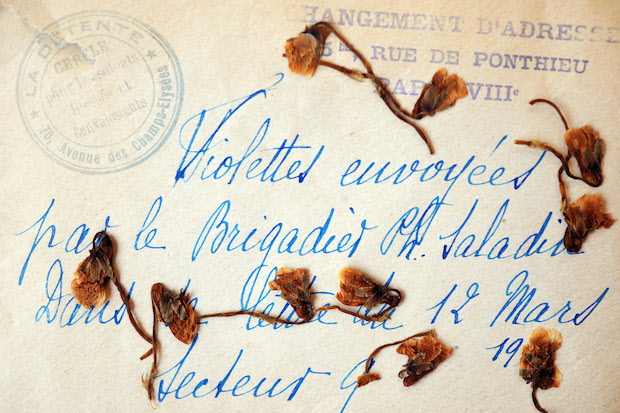From The Spectator, 19 September 1914:
WE have no war correspondents present with the forces, to our great loss; and we are now in the quaintly topsy-turvy position of reading accounts of battles and of fighting in the letters sent home by individual officers and men—letters which might just as well have been written by the trained correspondents who have been forbidden to take the field. It is a contrary enough state of affairs; here we have hundreds of soldiers’ accounts of fights to choose from, and hundreds of wounded at home in our hospitals with their stories to tell their friends, and yet the men who could have made the charges of our cavalry and the serving of our guns living scenes for their countrymen to-day and for generations to come have been compelled to spend their time idly at home.
The greatest war of history and the severest engagements fought with modern weapons, and the trained observer and potential historian kicking his heels hundreds of miles away— will our descendants contentedly acquiesce in the decision which prevented the possibility of any continuous narrative by an eyewitness We have to do our best with scraps from private letters.
But how admirable many of the letters have been, and admirable in the very differences which separate and distin- guish character and writer; it may be by a mere nuance or shade of expression, or by the whole aura of the life led afloat or ashore. The origin of the following, for instance, is plain enough:—
“Of coarse there have been various alarms, when we have had to rush to our stations. But they are generally caused by some ham-handed horse marine firing a gun by mistake, or by some swivel-eyed look-out seeing one of our own ships and thinking it the enemy, or mistaking a treacle-tin for the periscope of a submarine.”
The zealous and efficient Midshipman sets himself down as plainly as does the seaman who writes with the simplicity of Campbell of the fight off Heligoland, and “as many more scraps as are wanted to put the German ships to sleep at the bottom of the deep for ever.” It is another sailor who tells us that “we pray to God that we may come off victorious, and I am confident we shall, as every man jack in the Fleet has the heart of a lion.” If there is a separateness in these letters from the sea, it is that the sailor’s outlook is touched with a sense of distance. He waits and gazes far ; the soldier finds his work close to his hand:-
“Our lads stood up to them without the least taste of fear, and when their cavalry came down on us we received them with fixed bayonets in front, the rear ranks firing away as steadily as you please. All round we saw them collecting until there was hardly a hole fit for a wee mouse to get through, and then it was that the hardest fight of all took place, for we wouldn’t surrender, and tried our hardest to cut through the stone wall of the Germans.”





Comments